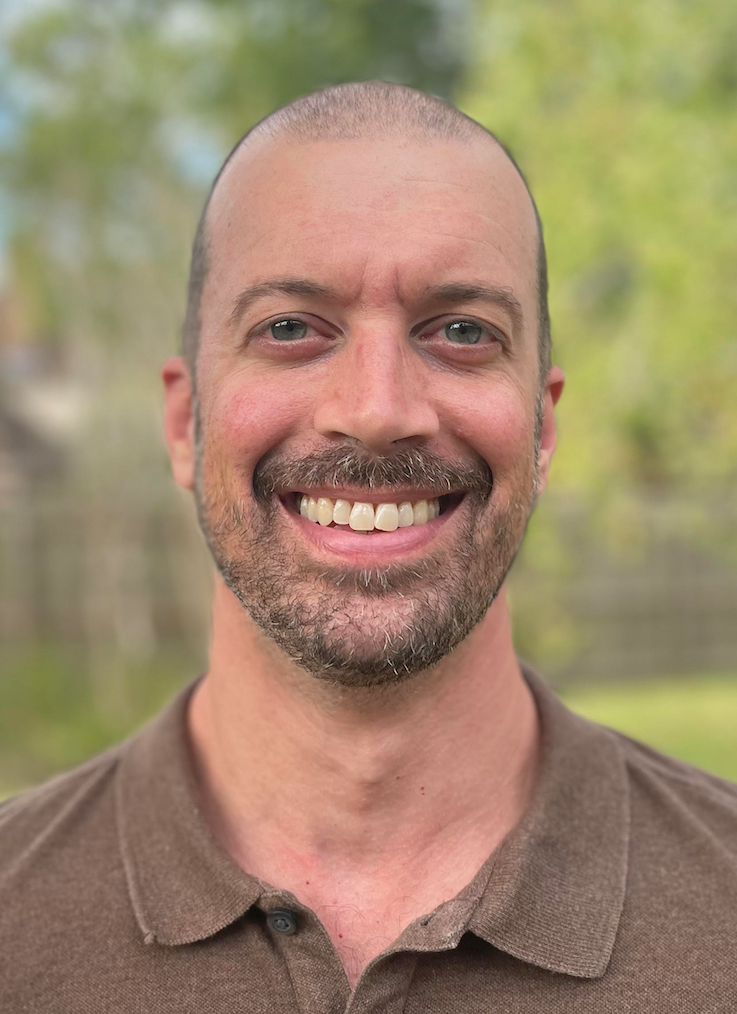Is There A Permanent Cure For Alcoholism
Unfortunately there is no cure for alcoholism or Alcohol Use Disorder. There is no pill or medicine that enables someone to drink safely and without consequences. There is no pill that will make someone stay completely abstinent from alcohol…not yet anyway. People with alcoholism or Alcohol Use Disorder have to use a combination of resources that help them stay abstinent from alcohol. Medications can be one of those resources. But they are not a cure for alcoholism.
Alcohol Use Disorder is an illness of the brain and behavior.[1] That means that someone who has this illness might not think or behave rationally at times. People with this disorder have symptoms such as
- Craving
- Inability to stop or stay stopped
- Getting sick when they do stop drinking
- Drinking continues even though it is making them depressed or causing physical problems
- Drinking before or during activities that could cause the person harm (like driving, or having unprotected sex)
- Continued drinking even though it is causing problems at home or work
- Cutting back on hobbies or time with friends or family in order to drink
- Having to increase the amount of alcohol over time to get the same feeling[2]
These are just some of the symptoms that come with having an Alcohol Use Disorder. And while there is no known cure for it, there are things someone can do to keep the symptoms at bay. There are medicines that a person can take to help with abstinance and cessation. Naltrexone, acamprosate, and disulfiram are three medicines that have been approved by the FDA to help people abstain from alcohol.[3] These medicines need to be prescribed by a doctor and work in different ways.
Naltrexone
Naltrexone is taken as a pill or injection. When taken it reduces the “high” a person gets from drugs and alcohol.[4] It doesn’t reduce cravings or magically create abstinence. It simply blocks the effect of the alcohol so when someone does drink they might not feel any different than when they were sober, thus reducing the “reward” associated with drinking.
Disulfiram
Disulfiram works in a similar way but has a very different result. Disulfiram won’t reduce cravings or stop someone from drinking. But when someone taking disulfiram does drink any amount of alcohol they start feeling ill. Where naltrexone blocks any feeling, disulfiram increases it. When drinking on this medicine someone may experience headache, vomiting, sweating, confusion, anxiety, weakness, and problems breathing.[5] It makes drinking awful so the person won’t want to do it again.
Acamprosate
Acamprosate is a pill that is taken which could reduce cravings to drink alcohol.[6] Though no one knows for sure exactly how it works, it has been shown to reduce cravings for alcohol in a number of studies.[7] Just like the other medicines, Acamprosate will not cure Alcohol Use Disorder and is not recommended for other substance abuse disorders. And it may not keep someone abstinent all on its own. Just like your favorite cereal is “part of a complete breakfast” these medicines should only be a part of the recovery process. They are part of a “balanced breakfast.” Not the whole thing.
Medication as Part of Holistic Recovery Strategy
When taking any of these medicines it is highly recommended that they be taken along with alcohol counseling with licensed professionals.[8] Participation in self-help groups like Alcoholics Anonymous, Celebrate recovery, or SMART recovery is also highly recommended.[9]
Since Alcohol Use Disorder is an illness of the brain and behavior, relying on a pill that only focusses on the brain may not be enough for long term recovery. Adding licensed professional counseling along with participation in self-help groups can greatly improve the chances of long-term recovery from Alcohol Use Disorder.
Treatment for Alcoholism
If you or a loved one is struggling with Alcoholism, we are here to help. Contact us today to schedule a to get started on your recovery.
[1] https://www.nimh.nih.gov/health/topics/substance-use-and-mental-health
[2] https://www.niaaa.nih.gov/publications/brochures-and-fact-sheets/understanding-alcohol-use-disorder
[3] https://www.niaaa.nih.gov/publications/brochures-and-fact-sheets/understanding-alcohol-use-disorder
[4]
https://www.mayoclinic.org/drugs-supplements/naltrexone-oral-route/description/drg-20068408#:~:text=Naltrexone%20is%20used%20to%20help,not%20a%20cure%20for%20addiction.
[5]https://americanaddictioncenters.org/addiction-medications/disulfiram
[6]https://medlineplus.gov/druginfo/meds/a604028.html
[7]https://www.ncbi.nlm.nih.gov/pmc/articles/PMC2853976/
[8]https://www.nimh.nih.gov/health/topics/substance-use-and-mental-health
[9] https://www.niaaa.nih.gov/publications/brochures-and-fact-sheets/understanding-alcohol-use-disorder
